One Question You Need to Ask Yourself About Your Syllabus
This article was originally published in Psychology Today on Nate Kornell’s blog, Everybody is Stupid Except You
Some people say there are no easy answers in life. Those people are wrong. If your grades are bad and you never study, there’s an easy answer: study. If you shoot video in portrait mode, there’s an easy answer: rotate your phone 90 degrees. In short, if you’re doing things totally wrong, there is often an easy answer.
Here’s my story of being an idiotic college teacher and the easy answer that helped me. I learned it by reading a book about college teaching called On Course, by James Lang, which I recommend.
My problem was in my syllabus. Here are three things you have to think about.
- What content are you going to cover?
- What assignments are you going to give?
- What are your goals for the course
For my course on cognitive psychology I settled on three goals for my students: learn the concepts, see how the concepts relate to their own lives, and understand the scientific method.
One day, inspired by On Course, I asked myself this (in retrospect, obvious) question: Do your content and assignments accomplish your goals?
The answer was no. My students were learning the content, but that was all.
In thought hard about the goals themselves. Eventually I ditched the “scientific method” goal. I hope they absorb it as we covered experiment after experiment, but that’s a different story. I didn’t have to change anything (other than my stated goals).
I also decided I needed to do more to connect the material to their own lives. So I made major changes. I went over my lectures asking “why am I covering this” and found things to cut, leaving room for new material. I now have a section of every lecture dedicated to how the material applies to real life. I also assign two essays. The topic: Relate this course to real life in a way that tells a story and also explains some science. They take time to grade, but they’re worth it. And I changed my exams. Now I count my “application questions” and if there aren’t enough I write more.
I’m happier with the course. The students are too. Do the students care that I’ve aligned my content and assignments with my course goals? Heck no. I doubt they remember or care what my goals are. They do care, though, that I cover concepts and relate them to real life.
Bottom line: Figure out your goals and then see if you can think of a way to make your content and assignments fit those goals. It sounds obvious, but if you’re doing it wrong, it’s easy to fix and well worth it. After all, shouldn’t you teach the course the way you actually want to teach the course?


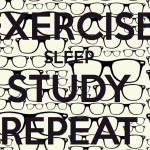




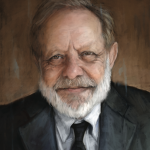





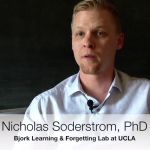

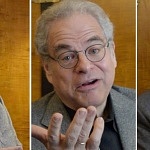






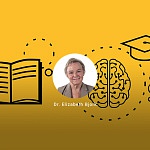








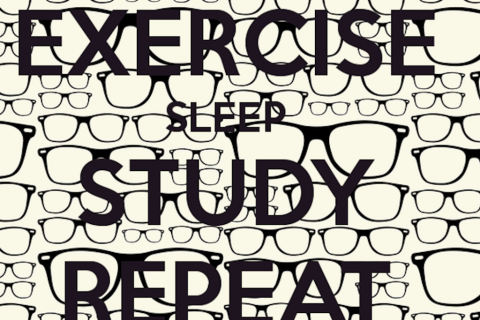
Leave a Reply
You must be logged in to post a comment.